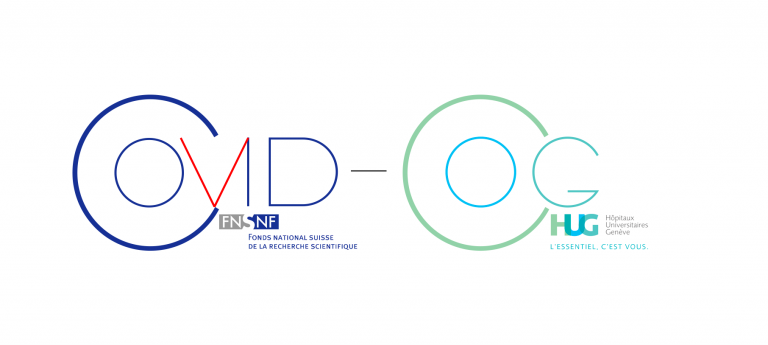New SNSF Grant for the COVID-COG project

A new grant from the Swiss National Science Foundation in the context of the NRP 78 (Providing health care recommendations and innovative solutions to fight the coronavirus disease 2019 – Covid-19) entitled “Short- and long-term neuropsychological impairment following COVID-19” (Swiss National Foundation – 2020 to 2022 – Grant N°: 4078P0_198438, PI: Péron).
Lay summary
Initially characterized as a severe acute respiratory syndrome-related coronavirus (SARS-CoV-2), new clinical observations in the acute phase of the infection suggest that COVID-19 is also frequently associated with neurological disorders. These observations are supported by recent cohort studies indicating the presence of such disorders in patients with severe COVID-19 infection, in some cases even before the usual respiratory symptoms appear. At the neuropsychological level, confusion, severe executive dysfunction, and major attention fluctuations are the most commonly reported features (Helms et al., 2020). Although neurological and neuropsychological hypotheses predict their presence, we do not yet know whether there are any short- or long-term neuropsychological sequelae to COVID-19. If there are, another critical question is whether these effects are only present in patients with the most severe forms followed in intensive care, or if they are also present in patients with far milder and even asymptomatic forms. Moreover, are these possible short- and long-term effects correlated with epidemiological risk factors such as age, sex, sociocultural level, body mass index, brain lesions, comorbidities, or the expected neuropsychiatric disease in the wake of this massive public health crisis? In this context, the objective of the COVID-COG project is to assess the possible short- and long-term neuropsychological consequences of COVID-19 at 6 months and 12 months after the infection. The project will be supervised by Doctor Julie Péron and Professor Frédéric Assal in direct collaboration with the Geneva University Hospitals in order to secure a sufficient number of patients, as well as provision of the necessary skills and equipment.
Find out more about the COVID-COG project here.